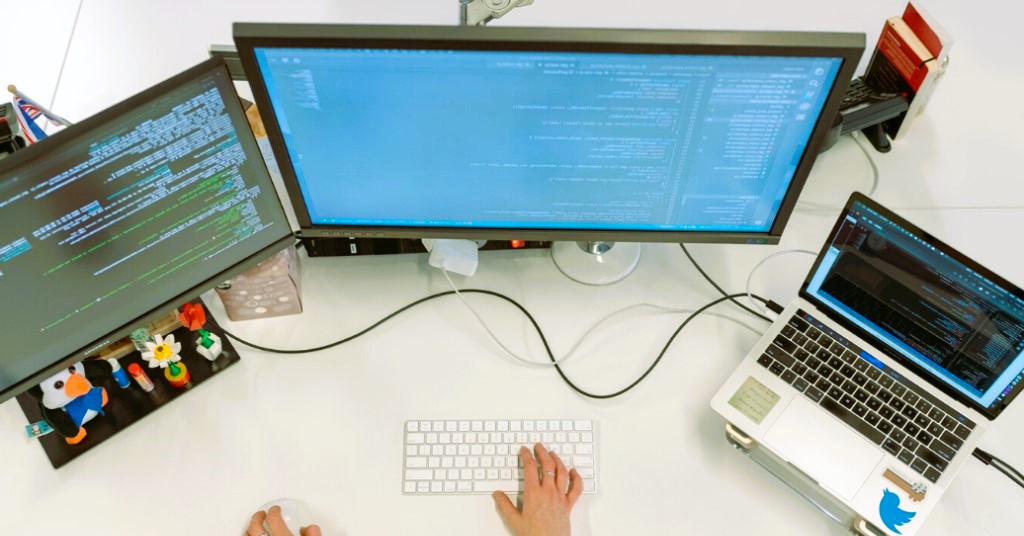Game development is an exciting and challenging journey, especially for indie developers who are venturing into the industry with limited resources and experience. While the road ahead may seem daunting, there are plenty of opportunities for indie developers to succeed and make their mark in the gaming world. In this article, we’ll explore valuable tips and advice for indie developers navigating the world of game development.
1. Define Your Vision
Before you start developing your game, take the time to define your vision and objectives. What type of game do you want to create? What are your goals for the project? Having a clear vision will guide your development process and help you make decisions that align with your overall goals.
2. Start Small

As an indie developer, it’s tempting to dream big and aim for ambitious projects right out of the gate. However, starting small is often the best approach, especially if you’re working with limited resources. Focus on creating a minimum viable product (MVP) that demonstrates your core gameplay mechanics and unique selling points. You can always expand and iterate on your game later.
3. Leverage Existing Tools and Resources
Don’t reinvent the wheel. Take advantage of existing game engines, frameworks, and tools to streamline your development process. Unity, Unreal Engine, and GameMaker Studio are popular choices for indie developers, offering a wide range of features and resources to help you bring your game to life. Additionally, online communities, forums, and tutorials can provide valuable support and guidance as you navigate the development process.
4. Prioritize Iteration and Feedback
Game development is an iterative process. Don’t be afraid to iterate on your ideas, experiment with different mechanics, and incorporate player feedback throughout the development cycle. Early playtesting and feedback can help you identify issues, refine your gameplay, and ensure that your game resonates with your target audience. Did you like the article? We recommend checking out The Future of Gaming.
5. Focus on Quality and Polish
In the competitive world of indie game development, quality and polish can set your game apart from the competition. Pay attention to details such as art, sound, and user interface design to create a polished and immersive experience for players. Quality doesn’t necessarily mean high production values; focus on delivering a cohesive and enjoyable experience that keeps players engaged from start to finish.
6. Build a Community Around Your Game
Community engagement is key to the success of your game. Start building a community around your game early in the development process by sharing updates, behind-the-scenes content, and developer insights on social media, forums, and community platforms. Engage with your audience, listen to their feedback, and involve them in the development process to create a loyal and enthusiastic fanbase.
7. Be Prepared for Challenges and Setbacks

Game development is rarely smooth sailing. Be prepared to face challenges, setbacks, and unexpected hurdles along the way. Whether it’s technical issues, creative blocks, or financial constraints, approach challenges with a positive mindset and a willingness to learn and adapt. Perseverance and resilience are essential qualities for indie developers navigating the ups and downs of game development.
Conclusion
Navigating the world of game development as an indie developer can be a challenging but rewarding experience. By defining your vision, starting small, leveraging existing tools and resources, prioritizing iteration and feedback, focusing on quality and polish, building a community around your game, and being prepared for challenges and setbacks, you can overcome obstacles and bring your creative vision to life. Stay passionate, stay focused, and never stop learning and growing as a developer.
For more insights into game development for indie developers, visit Wikipedia.

